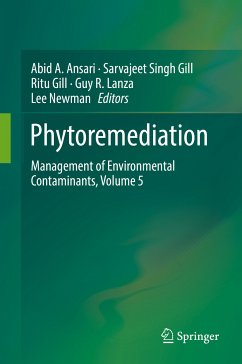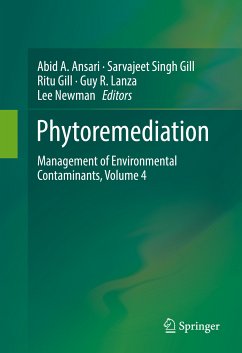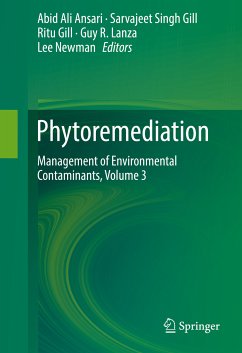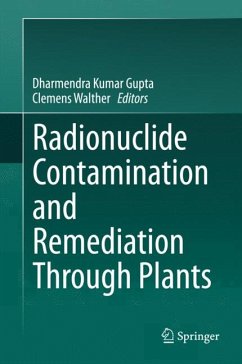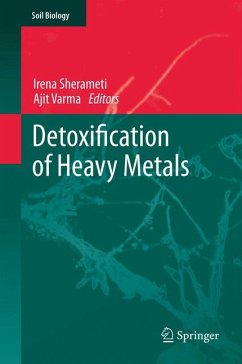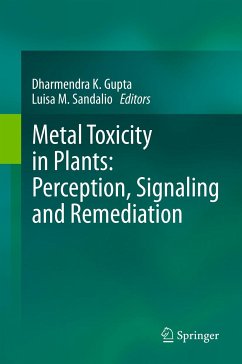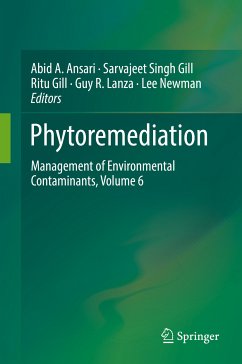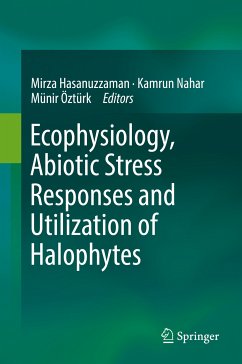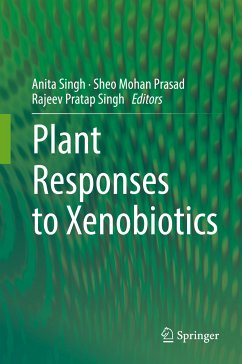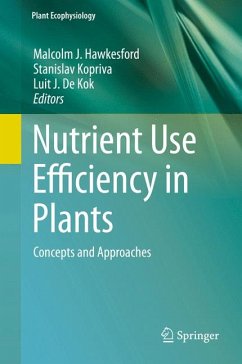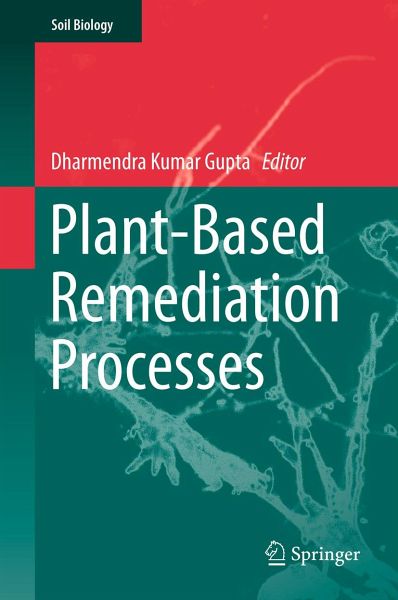
Plant-Based Remediation Processes (eBook, PDF)
Versandkostenfrei!
Sofort per Download lieferbar
112,95 €
inkl. MwSt.
Weitere Ausgaben:

PAYBACK Punkte
56 °P sammeln!
Phytoremediation is an emerging technology that employs higher plants for the clean-up of contaminated environments. Basic and applied research have unequivocally demonstrated that selected plant species possess the genetic potential to accumulate, degrade, metabolize and immobilize a wide range of contaminants.The main focus of this volume is on the recent advances of technologies using green plants for remediation of various metals and metalloids. Topics include biomonitoring of heavy metal pollution, amendments of higher uptake of toxic metals, transport of heavy metals in plants, and toxic...
Phytoremediation is an emerging technology that employs higher plants for the clean-up of contaminated environments. Basic and applied research have unequivocally demonstrated that selected plant species possess the genetic potential to accumulate, degrade, metabolize and immobilize a wide range of contaminants.
The main focus of this volume is on the recent advances of technologies using green plants for remediation of various metals and metalloids. Topics include biomonitoring of heavy metal pollution, amendments of higher uptake of toxic metals, transport of heavy metals in plants, and toxicity mechanisms. Further chapters discuss agro-technological methods for minimizing pollution while improving soil quality, transgenic approaches to heavy metal remediation and present protocols for metal remediation via in vitro root cultures.
The main focus of this volume is on the recent advances of technologies using green plants for remediation of various metals and metalloids. Topics include biomonitoring of heavy metal pollution, amendments of higher uptake of toxic metals, transport of heavy metals in plants, and toxicity mechanisms. Further chapters discuss agro-technological methods for minimizing pollution while improving soil quality, transgenic approaches to heavy metal remediation and present protocols for metal remediation via in vitro root cultures.
Dieser Download kann aus rechtlichen Gründen nur mit Rechnungsadresse in A, B, BG, CY, CZ, D, DK, EW, E, FIN, F, GR, HR, H, IRL, I, LT, L, LR, M, NL, PL, P, R, S, SLO, SK ausgeliefert werden.




